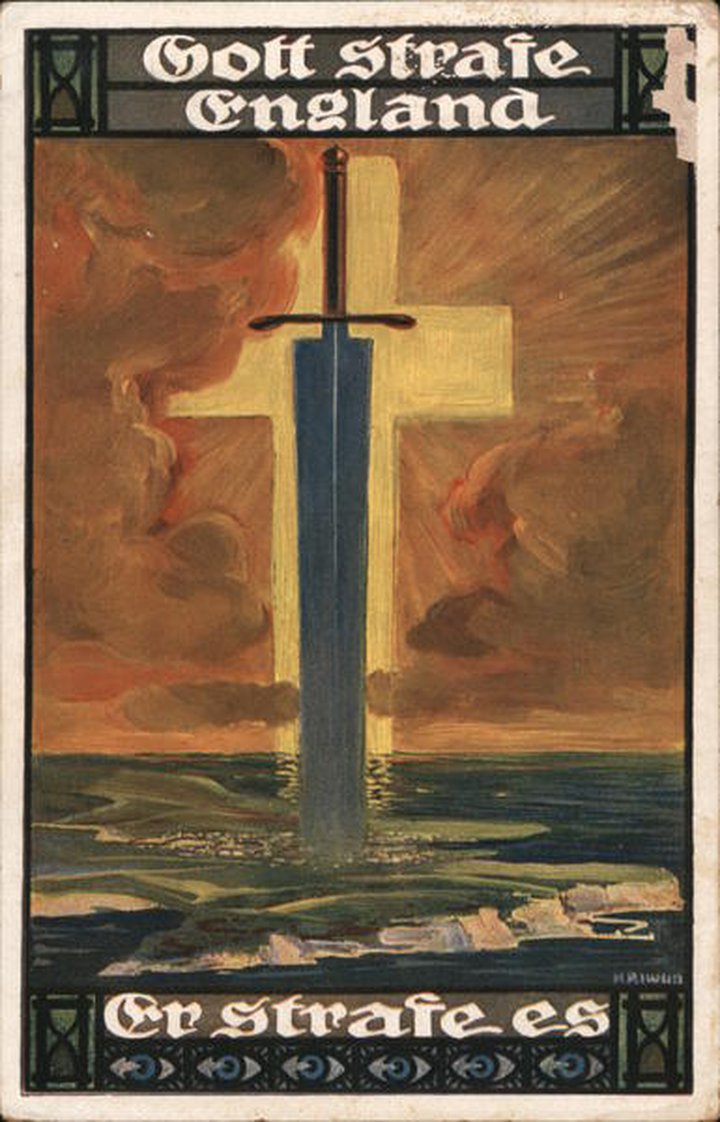In the 1870s, British statistician Francis Galton showed, to his own satisfaction, that prayer doesn’t work. His evidence was simple: praying for the health of British royal family was part of the Sunday services everywhere in Britain (and probably the entire Empire). Yet the royals didn’t live longer or enjoy better health than everyone else…ergo, prayer was useless. (In case God had it in for animals, Galton followed this finding with plants, praying over random parcels of land — again, no difference in the abundance of plant life.)
Fast forward to 2006, when the Templeton Foundation sponsored what’s now known as the “Benson Prayer Study.” Briefly, Harvard professor and cardiologist Herbert Benson initiated a study to determine if prayer helped patients recover from surgery. The $2.4 million STEP (Study of the Therapeutic Effects of Intercessory Prayer) enrolled nearly two thousand coronary artery bypass patients at six academic medical centers. (It was easy to find such patients: every year, pre-Covid, since nearly half a million Americans had this procedure, many of whom suffered post-op complications). Some, on a random basis, were prayed for (by first names and first letter of their last names) by three “experienced prayer groups” consisting of Catholic monks, Catholic nuns, and a Protestant prayer ministry. The prayers started on the day of surgery and lasted for two weeks.
They had no better luck than Galton’s royal family prayees. In fact, prayer seemed to make things worse: 59 percent of the patients who knew they were being prayed for suffered complications, compared to 51 percent who didn’t know. And 18 percent of the uninformed prayed-for group suffered major complications (heart attack, stroke) compared to 13 percent of the uninformed, un-prayed-for group. Bottom line: If you love them, don’t pray for them!
I’m revisiting the STEP study (which I wrote about here) because of a meme going around in the days leading up to the Super Bowl. @UberFacts wrote on Twitter, “25 percent of Americans believe God decides the winner of the Super Bowl.” Which is an exaggeration, but not by much. The post was referring to several polls taken by the Public Religion Research Institute, a nonpartisan think tank.
In January 2017 (the latest one I could find), the Institute presented, to a random sample of 1,013 adults 18 years of age or older living in the U.S., the statement, “God plays a role in determining which team wins a sporting event.” 25 percent of respondents either “completely agreed” or “mostly agreed” with the statement. (73 percent mostly or completely disagreed.) FWIW, the same poll found that 63 percent of Republicans approve of athletes expressing their faith publicly by thanking God during or after a sporting event, while “only” 44 percent of Democrats do. Sigh.
Now, the ultimate “sporting event” is, presumably, war. The First World War, in particular, tested the power of prayer. The British clergy was nearly united in preaching that God was on “our” side, while 11 million German troops wore belt buckles with the words Gott mit uns (God is with us). You can draw your own conclusions.

1915 German poster, “May God punish England.” (Public domain)
Back to the Super Bowl. I don’t have a horse in this race (or whatever the appropriate metaphor is), being somewhat fuzzy about the Super Bowl — as I understand it, it’s a game of rugby football played by jocks in full body armor. Beyond that, I’m clueless. I would say, “May the best man, or men, win,” but if only God knows what counts as “best,” that seems a pretty idle and possibly counter-intuitive wish, given Benson’s results. Let me just state though, for the record, that Liverpool will win the Football Association Cup Final this May at Wembley Stadium. Just, please, don’t pray for them.
CLICK TO MANAGE